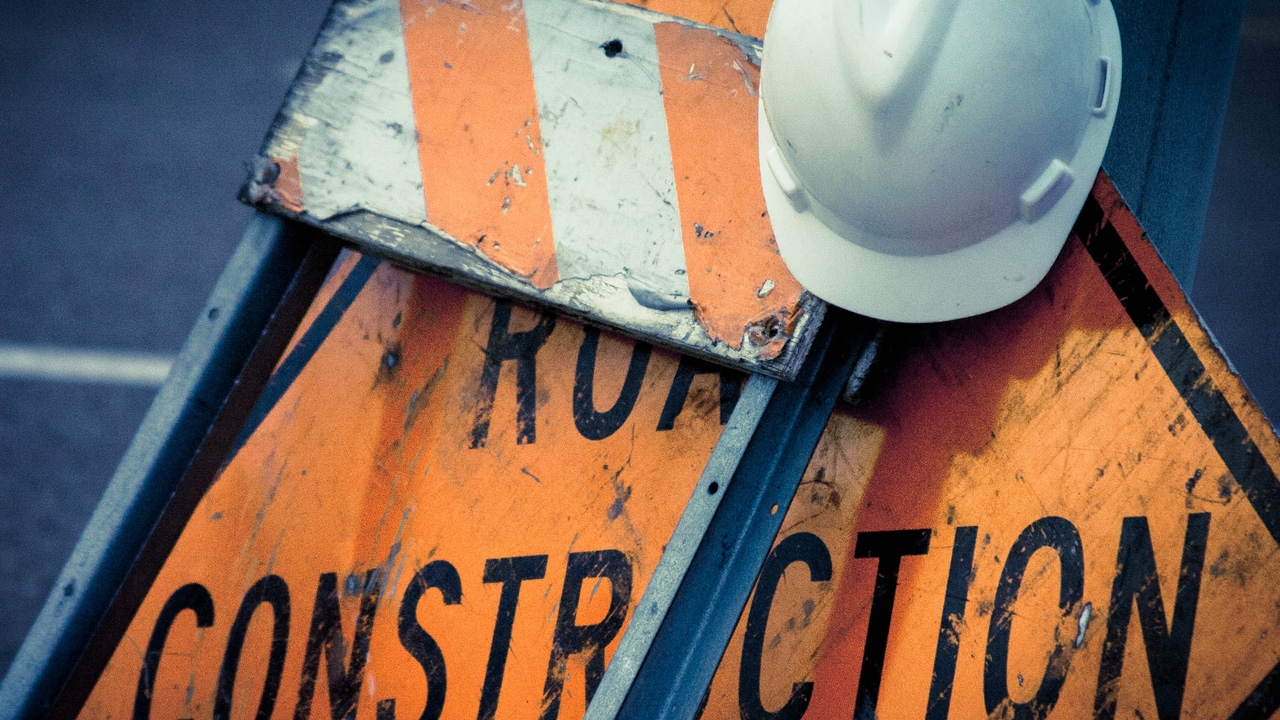
Republicans say they need more money for roads, but the real problem is too much spending
June 28, 2016
by Owen Robinson
Special Guest Perspective
The following column originally appeared on June 23 at UrbanMilwaukee.com:
There is a battle brewing over transportation funding in Wisconsin causing fissures between some prominent Republicans. Specifically, Speaker Robin Vos and Gov. Scott Walker are at odds, but both of them are wrong.
Virtually everyone in Wisconsin agrees that maintaining a quality transportation infrastructure is vital to the state. Our economy flows across our roads, rails, waterways and skyways. Constructing and maintaining our transportation infrastructure is a defined responsibility of our government. It is the scope and means of fulfilling that responsibility upon which disagreements arise.
With an election looming and the next state budget debate coming in less than seven months, people are already maneuvering for position. The problem with the state transportation budget, as defined by some, is that the funding cannot keep up with the necessary spending.
The money for state transportation spending comes from a variety of sources. Chief among these sources are the fuel tax and registration fees, which account for 56 percent of all state transportation revenue. Twenty-four percent comes from federal funds, 7 percent comes from general purpose revenue and other funds, and in the most recent budget, 13 percent came from borrowing.
According to the state Department of Transportation, all state transportation revenue, 56 percent of all funds, has only risen by 3.4 percent in constant 2013 dollars since 2006. Over the same period, state transportation appropriations rose by 5.1 percent in constant 2013 dollars. The biggest problem is that the revenue from the fuel tax has been essentially flat for years. The concept of taxing fuel was a good one as it served as a proxy for usage with people who use the transportation system more having to pay more for it. But in an age of fuel-efficient vehicles, electric cars, etc. the fuel tax is a poor proxy for usage. A new taxing mechanism is needed, but there are more fundamental issues that need resolving before determining the optimum funding methodology.
Essentially, the cost of transportation is increasing faster than the revenue that is used to fund it. The state has been patching the problem in the past few budgets by borrowing to fill in the gap. This is where the rub between Walker and Vos comes in.
Vos believes it is poor public stewardship to continue borrowing money to fill in the transportation budget. Such borrowing merely forces future taxpayers to pay for today’s transportation needs with interest. Vos wants to fix transportation funding for good so borrowing is not necessary. Vos’ goal is laudable.
Walker has said that he does not support any additional funding for transportation needs unless an equal amount of money is taken out of the budget elsewhere. He recognizes that despite years of improvement, Wisconsin is still a tax hell. The state still ranks as one of the worst in terms of state and local tax burden (second worst by WalletHub, fourth worst by CNN Money). Walker is insisting the overall budget remain flat and wants the legislature to prioritize taxing and spending while not increasing the overall tax burden on the taxpayer. Walker’s goal is also laudable.
They are both missing the point. The problem with Wisconsin’s transportation budget is not that there is not enough money. The problem is the state is spending too much.
I wrote about this fact last May when this issue flared up again and it has not changed. A look at the Reason Foundation’s most recent 21st annual highway report shows Wisconsin is spending way more than comparable states.
For example, Wisconsin and Minnesota have almost the same number of highway miles at 11,766 and 11,833, respectively. They also have almost the same number of lane miles. They are both cold-weather states with a major metropolitan area. In terms of total spending on roads, Minnesota spends just over $132,000 per state-controlled mile. Wisconsin spends 72 percent more for a total of almost $227,000 per mile.
Breaking down the numbers is even more interesting. Wisconsin spends 25 percent more on administrative costs, but actually spends 38 percent less on maintenance. The big difference comes with construction. Wisconsin is spending 75 percent more than Minnesota for every new mile of road. In summary, Wisconsin spends a lot more money on administration and construction, but less on maintenance than Minnesota. That is a difference in priorities.
To think of it another way, if Wisconsin just lowered its spending to the same amount per mile as Minnesota and prioritized maintenance over construction, it would save Wisconsin $1.1 billion per year and solve the transportation budget problem overnight while leaving a surplus to return to the taxpayers.
Wisconsin does not have a funding or taxing problem — it has a spending problem. Vos and Walker should look for common ground on reducing spending before locking horns on how to pay for the spending.
Owen Robinson is a columnist for the West Bend Daily News and a blogger at www.bootsandsabers.com.